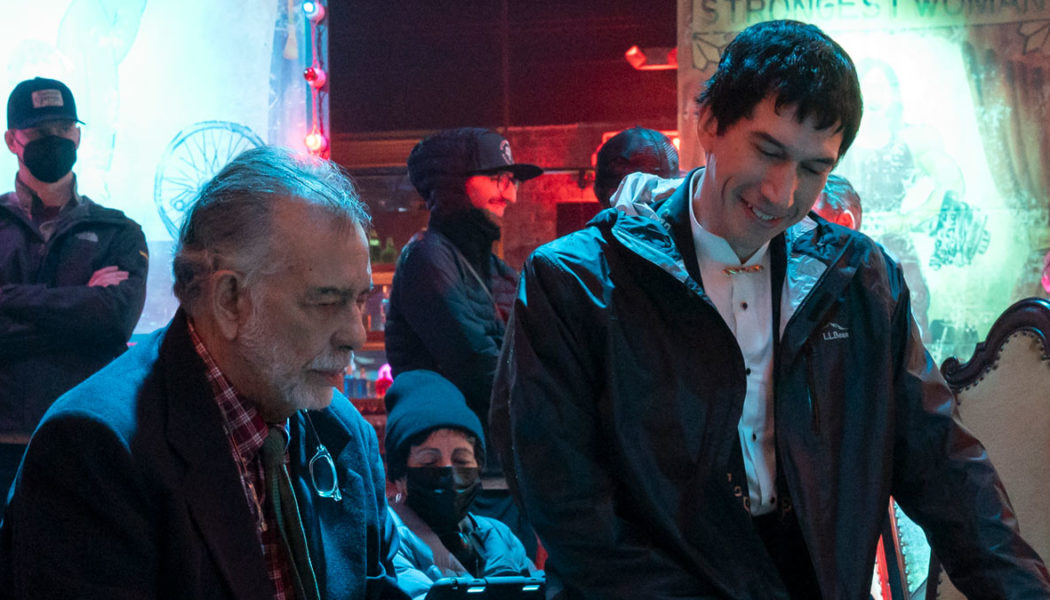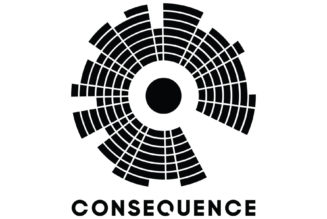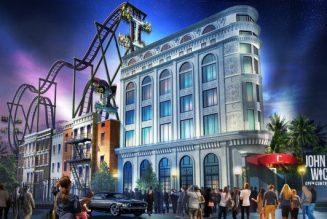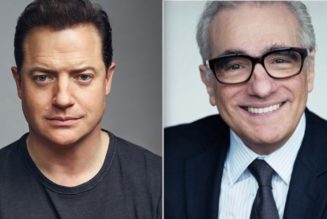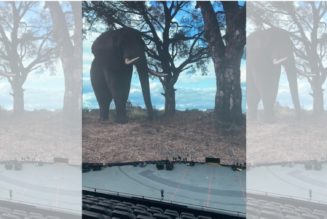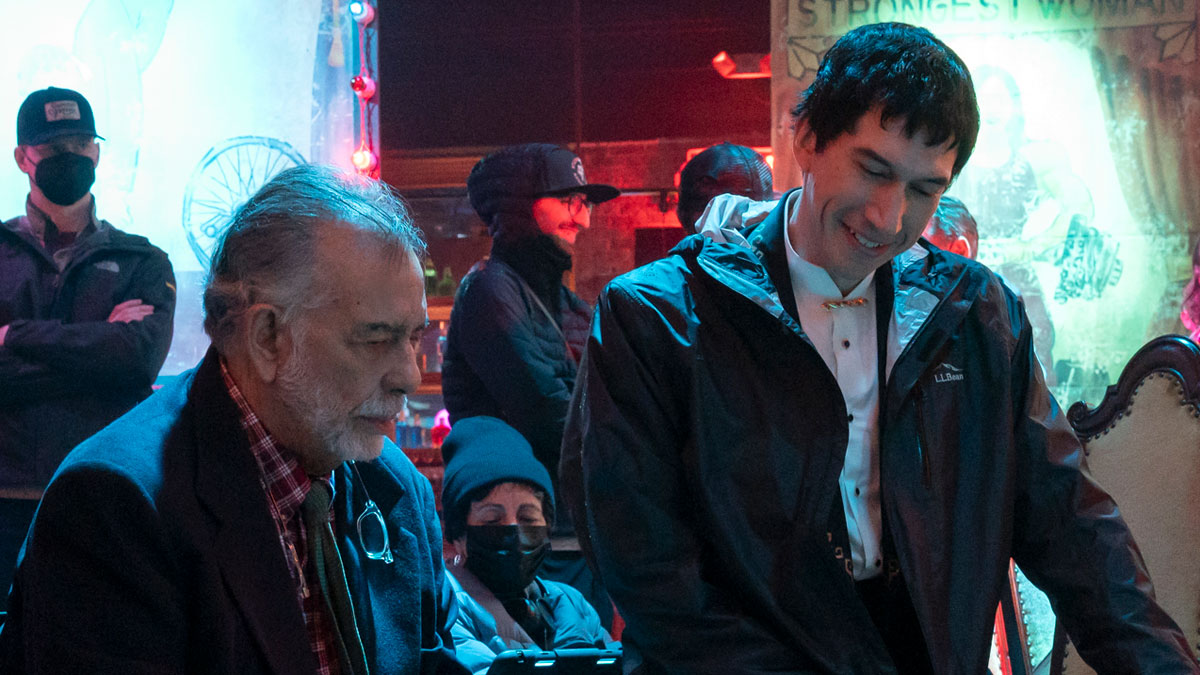
Francis Ford Coppola’s Megalopolis is finally arriving in theaters this week. For star Adam Driver, that’s a shock — though, he tells Consequence, he’s always shocked when people are going to see a movie he’s worked on. That’s because the filmmaking process, the actor says, “feels like a little country that we’ve built, where there’s no new people.” He chuckles. “And then suddenly we’re taking all these private conversations, and a lot of people are gonna watch them and judge the shit out of it.”
Adds Driver, “But this one in particular, it’s always what I thought that films would be.”
After decades in the making and a tumultuous promotional cycle that’s included a controversial trailer that was pulled for faking a number of quotes from critics, Megalopolis finally making it to theaters does feel like quite an event.
Set in an alternate universe that invokes Roman history as well as more modern concerns, the movie Driver stars as Cesar Catilina, a visionary architect who wants to design a new future for “New Rome.” Opposing him are many forces, including Mayor Franklyn Cicero, played by Giancarlo Esposito, who questions Cesar’s vision for the titular Megalopolis — and also isn’t thrilled about Cesar’s relationship with Julia (Nathalie Emmanuel), Franklyn’s daughter.
Related Video
Driver had seen a lot of the film prior to its Cannes premiere, but Cannes was the first time he was able to see the completed project. “I remember being very proud about how singular it was — I’m trying to think if there’s certain sequences that looked different, but because it was all pretty tactile or practical, it didn’t look markedly different than what it did on set,” he says. (Not including, he says, some of the film’s digital effects — in early screenings, the actual depiction of Megalopolis, Cesar’s great dream for the city, was only seen as concept drawings.)
In Coppola’s script, Esposito says, “Things are described in a certain way. So seeing the movie just blew my mind, because it was much larger and more in-depth in terms of its vision than I had ever imagined. It’s not just a movie about words, it’s a movie about feeling. And you really feel that through the vision of the film. It’s exciting, it’s explosive, it’s adrenalized. It has politics. It has loyalty. All of these things within the story that aren’t beaten over your head, but shown to you in a magnificent way that is really like nothing you’ve ever seen before.”
Emmanuel, paired with Esposito for our interview, adds that she “could never have imagined” what the final film would look like, which she believes “speaks to Francis’ vision, really. Getting inside his head would be a fascinating place to look around. It’s amazing.”
However, Emmanuel adds that on set, “Francis really tries to make stuff as practical as possible, which is really good, I find as an actor, when you can really touch and experience the set and the environment that you are in. That makes it so much easier. And then to see it then placed into its final context and seeing all the other amazing effects, I was just like, wow, I could never have foreseen this. It was so much more than my imagination allowed me, apparently.”
In terms of the film’s director, Driver says “Francis was always one of those people that you always dream you get to work with. And that it was something with this much imagination, on this scale, I didn’t have to be sold hard on how unique it was.”
Driver says he was most struck by how generous Coppola is, especially when it comes to embracing suggestions. “People like to say that they’re open to every idea, but I haven’t seen it as well-embodied as it is with Francis. He’ll really take anybody’s suggestion. Even back in the day, he would listen to studio notes if they thought they were good notes.”
Continues Driver, “It’s like, who’s to say that anyone has total authorship over a film? It’s made as a collective. Obviously it’s filtered through one person and that’s why that makes it a filmmaker’s medium. And his film vocabulary is extensive, to say the least, you know? So it is very much him.”
Driver compares Coppola’s process to how, in the theater, “you do a show seven shows a week for four months, and always the last month’s worth of shows are way better than when you started, because you’re more economical, you’re more at ease. Maybe you see the end coming, so you get another burst of energy. A question that you’d always had about a line, you figured out a way to solve it.”
With Megalopolis, Driver continues, Coppola has been “trying to make this for 20 years, and he was still asking people to improv and shape what they were doing and come up with new shots in a medium that’s about capturing things forever. I thought that was really exciting, that you couldn’t make a mistake. You couldn’t make a choice, however abstract, and it be wrong.”
Megalopolis arrives in theaters on Friday, Sept. 27th.
